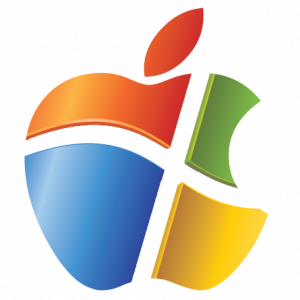Why Microsoft Is Turning Into Apple

There is a simple answer: Microsoft has been losing. It has long been advertised that the future is mobile, but Microsoft’s mobile presence has been virtually non-existent. 90 per cent of the PC market won’t count for a lot if mobile OSes continue their migration from phone to tablet to desktop. Microsoft is also lagging a long way behind Google in search and has no social network. Even Amazon has it beat for multimedia and apps, let alone iTunes or Android Marketplace.

In response Microsoft has listened to the old adage: if you want something done right, do it yourself. Bloatware loaded PCs, insipid smartphone hardware and unregulated software has seen the company’s remarkable achievement in creating platforms that can run on almost anything overshadowed by an image of dull computers, out of touch phones and virus riddled programmes – and Microsoft has had enough.
Much like the Ultrabook illustrates Intel’s lost faith in PC builders, Microsoft’s stance proves it has lost faith in virtually all its partners. It would never admit it as such, but actions speak louder than words.
http://www.youtube.com/watch?v=8To-6VIJZRE
When drowning you look for anything to hold on to and Apple’s soaring success has proved an enormous inspiration. There will always be fundamental differences between the two companies – licensing, most crucially – but there is no question Microsoft has taken giant steps to attain the same control over hardware and software, to push talk of customer experience first and pricing second, to quietly construct the wall around its products that Apple has long admitted.
Microsoft exited the CES stage with a whimper. It announced little other than a more expensive PC edition of its Xbox Kinect and that PC functionality would be cut from all future Xbox Kinect devices. It was a very Apple thing to do. One suspects, like Apple, it will now save the biggest and best announcements for its own events, on its own terms…


